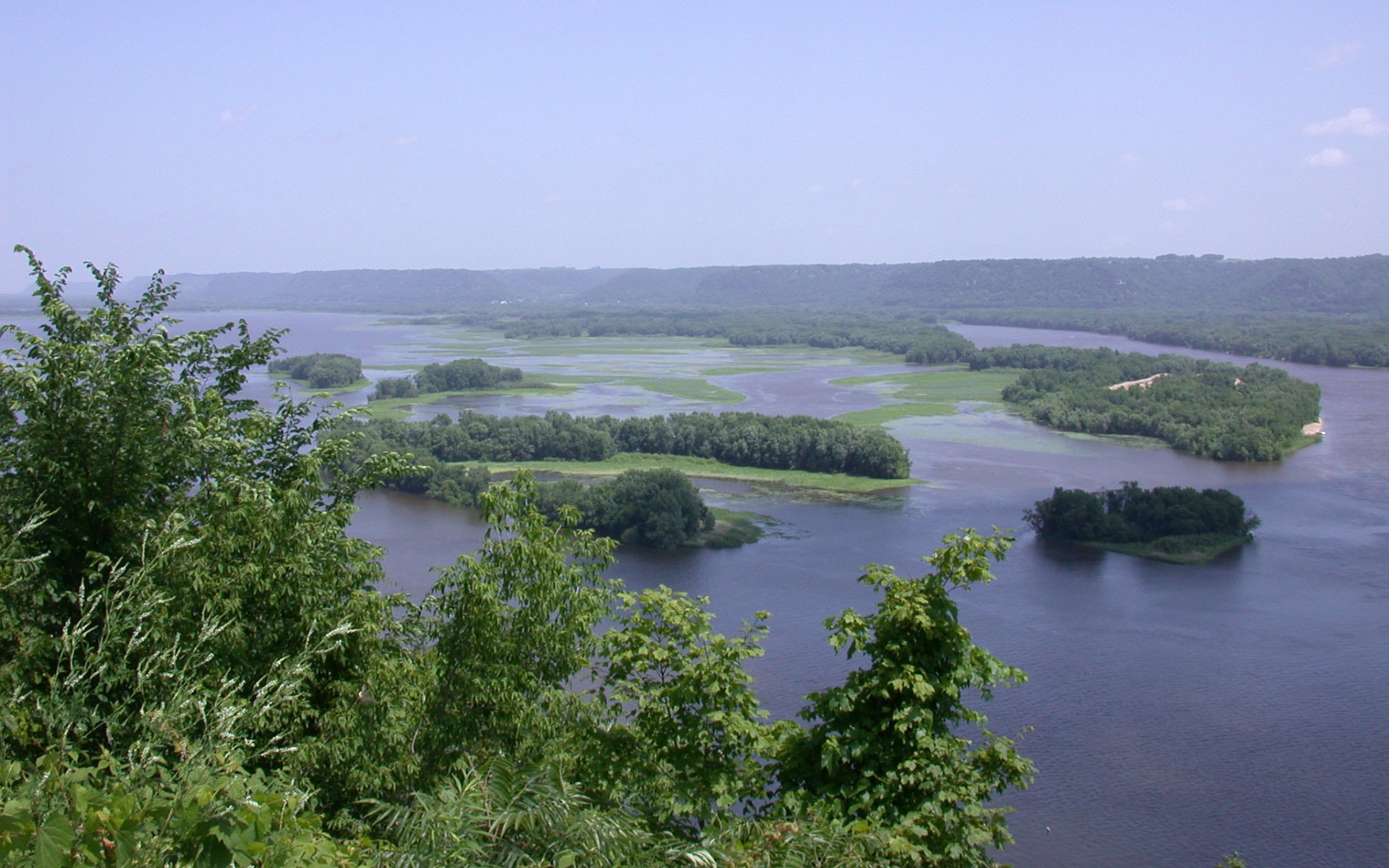Keeping the river front of mind in Minnesota's climate change plan

We’ve already seen improvements to the state's climate change plan as a direct result of our feedback, setting up stronger river protections for the years ahead. (Photo by Gary J. Wege/USFWS)
The future of clean water will depend on how we respond to and prepare for climate change. Over the last few months, the state has been revising its comprehensive strategy for addressing and adapting to this crisis.
We’ve been working to shape Minnesota's plan — known as the Climate Action Framework — in a way that keeps the Mississippi River front of mind, and ensures the state’s climate actions don’t come at a cost to clean water.
After two drafts and two rounds of feedback, we’re already seeing this work pay off, and our River Guardians have played a major role.
Minnesota’s Climate Action Framework
Originally released in 2022, the Climate Action Framework is a wide-ranging document covering topics from sustainable agriculture and forest restoration, to electric vehicles and efficient home heating.
This year marks the first time the Climate Action Framework has been updated. While the original framework was a fairly high-level list of strategies, this newly revised version will include immediate, near-term steps state agencies and decision-makers must take in order to achieve the state’s stated goals.
"Though we have made progress, we must accelerate the pace and scale of our climate actions to achieve our long-term vision of a carbon-neutral, resilient, and equitable future," the Minnesota Pollution Control Agency said.
Keeping the river front of mind
It’s not only climate change that threatens the Mississippi River. The way the state chooses to respond to the climate crisis can also have massive effects on our waters. State policies around agriculture and transportation — Minnesota’s two highest greenhouse gas-emitting sectors — determine what grows on our landscape, which in turn determines the health of our rivers, lakes, streams and even groundwater.
That’s why it’s been critical for us to continue to be a voice for the river, and to help shape the state's choices.
Through two rounds of public comment periods, our feedback has focused on river-friendly farming and transportation goals, such as:
- Supporting continuous living cover agriculture that keeps the soil covered year round to help prevent soil, fertilizer and pesticides from washing away into the Mississippi River
- Ensuring that lower-carbon fuels made from agricultural crops have environmental safeguards around land conversion, water pollution and habitat loss
- Enacting a clean transportation policy that accelerates the transition to electric vehicles while cutting emissions in the transportation and farm sectors
- Establishing metrics for the agricultural sector that allow us to track whether the state is on target to meet its goals
We’re already seeing improvements because of our involvement. Eight out of our 10 comments during the first round of feedback were incorporated into the second draft, providing stronger river protections for the years ahead.
And during this most recent public comment period, River Guardians submitted a whopping 141 messages to help make the Climate Action Framework even better. Thank you to those advocates who took action!
What’s next?
The state will review the hundreds of comments it received and incorporate the feedback before releasing the newly revised Climate Action Framework in January. We’ll continue to keep a close eye on the final version of the plan as it takes shape.
The framework is an important plan that guides the state’s priorities, but it’s only one piece of the puzzle. What we’ve shared with the framework team mirrors our advocacy on the legislative side, and we’ll continue working toward a healthy climate and clean water during Minnesota’s upcoming legislative session.
Become a River Guardian
Sign up and we'll email you when important river issues arise. We make it quick and easy to contact decision-makers. River Guardians are also invited to special social hours and other events about legislative and metro river corridor issues.